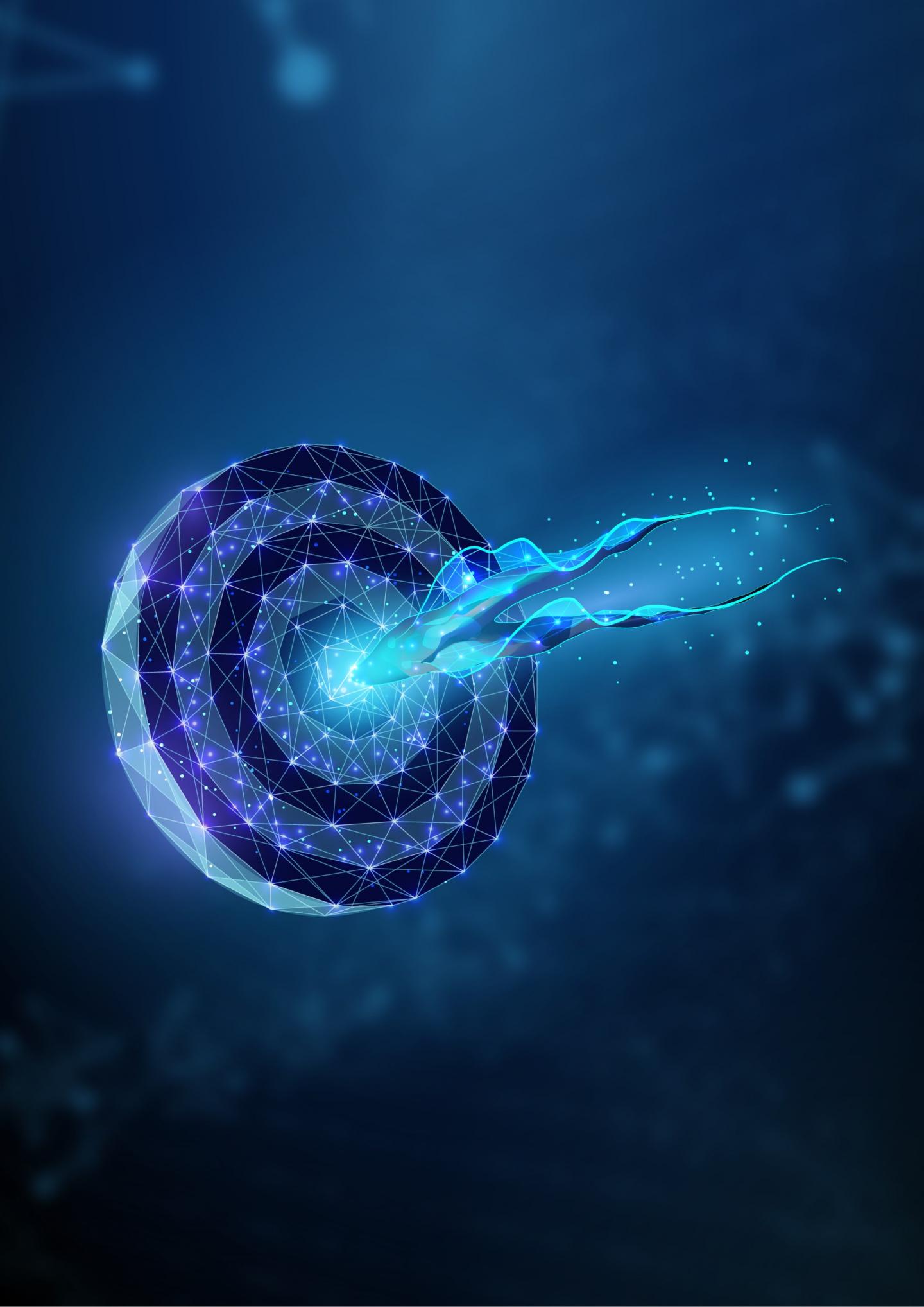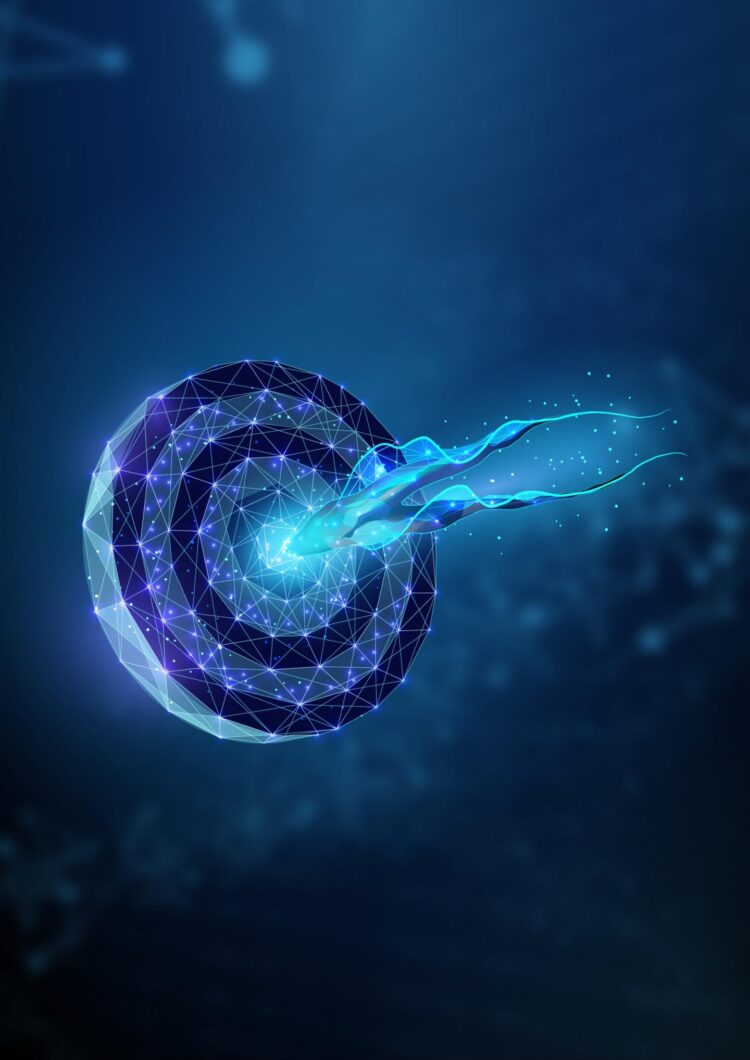
Credit: Manuel Saldivia and Andrés Sánchez
Scientists say they are a step closer to developing a drug to kill the trypanosome parasite that causes human African trypanosomiasis, otherwise known as sleeping sickness, paving the way for a potential cure.
The University of York researchers deciphered the mechanism by which the compound, known as AB1 works. AB1 was identified by researchers at the Novartis Institute for Tropical Diseases and similar compounds have been developed as an anti-cancer drug by the company.
The researchers found that AB1 blocks the division of the parasite by interfering with the function of an essential enzyme in a structure called the kinetochore. The way in which the compound kills the parasite is different from the way it kills cancer cells, such that the breakthrough could potentially lead to a cure being found for the neglected tropical disease and others including Chagas disease.
Professor Jeremy Mottram, team leader and Director of the York Biomedical Research Institute said: “Our goal is to identify unique biology in the parasite; that is the first step in the development of safe and effective new drugs to treat devastating neglected tropical diseases.
“This academic and industrial partnership has allowed us to achieve that goal and to start on the road to developing a new drug.”
The work is part of an ongoing research project which in 2016 identified another chemical compound that had the potential to kill three parasites that cause Leishmaniasis, African trypanosomiasis and Chagas disease. As a result, a drug is now in clinical trials as a treatment for visceral leishmaniasis. The teams at York and Novartis then began the search for a new chemical that could have better prospects of being developed into an effective treatment for African trypanosomes. This latest study is the result of that work.
Dr Manuel Saldivia, lead scientist on the project from the Department of Biology, and who is now a staff scientist at Novartis said: “Some of the most exciting discoveries in science came from using trypanosomes as a model organism. Their divergent biology is also an attractive open door for drug hunters. Because of its therapeutic potential, our work provides a chemical tool to shed light onto one of the most fascinating events during life: cell division.”
Human African Trypanosomiasis is a devastating neglected tropical disease caused by the Trypanosoma brucei parasite transmitted by infected tsetse flies. It threatens millions of people in sub-Saharan Africa.
Chagas disease – or America trypanosomiasis – is caused by the Trypanosoma cruzi parasite. It can cause the heart and digestive system to become enlarged, which can be deadly. Chagas mostly affects people in Latin America, but has now spread to other continents.
Leishmaniasis is caused by infection with Leishmania parasites and is spread by the bite of sandflies and is found in the Americas, Africa and Asia.
###
The research is in collaboration with scientists from the Novartis Institute for Tropical Diseases in California, the University of Glasgow and the Swiss Tropical and Public Health Institute. The research was funded by the Wellcome Trust.
The paper called, “Targeting the trypanosome kinetochore with CLK1 protein kinase inhibitors” is published in Nature Microbiology.
Media Contact
Julie Gatenby
[email protected]
Related Journal Article
http://dx.





